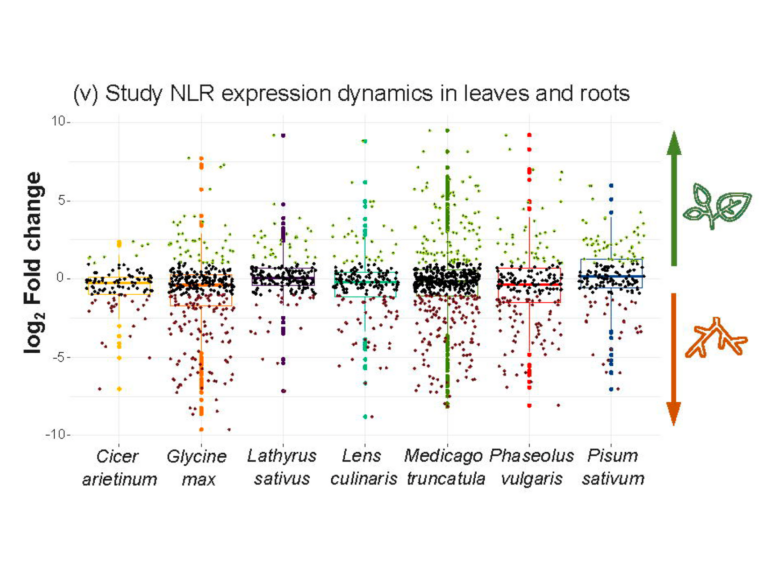Effector Identification in Plant Pathogens
Effectors play a central role in determining the outcome of plant-pathogen interactions. As key virulence proteins, effectors are collectively indispensable for disease development. By understanding the virulence mechanisms of effectors, fundamental knowledge of microbial pathogenesis and disease resistance have been revealed. Effectors are also considered double-edged swords because some of them activate immunity in disease resistant plants after being recognized by specific immune receptors, which evolved to monitor pathogen presence or activity. Characterization of effector recognition by their cognate immune receptors and the downstream immune signaling pathways is instrumental in implementing resistance. Over the past decades, substantial research effort has focused on effector biology, especially concerning their interactions with virulence targets or immune receptors in plant cells. A foundation of this research is robust identification of the effector repertoire from a given pathogen, which depends heavily on bioinformatic prediction. In this review, we summarize methodologies that have been used for effector mining in various microbial pathogens which use different effector delivery mechanisms. We also discuss current limitations and provide perspectives on how recently developed analytic tools and technologies may facilitate effector identification and hence generation of a more complete vision of host-pathogen interactions. [Formula: see text] Copyright © 2023 The Author(s). This is an open access article distributed under the CC BY-NC-ND 4.0 International license.


